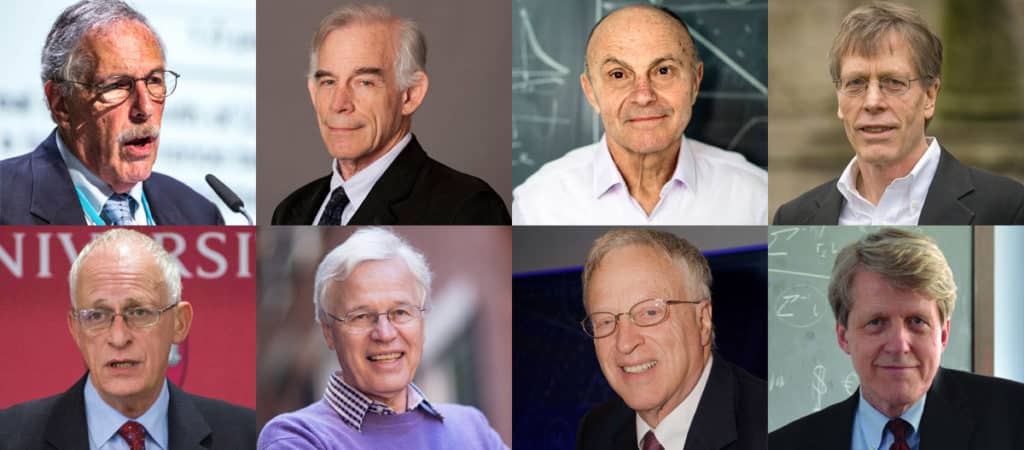Pakistan’s decision to let go of a top economist for his religious beliefs has been heavily criticized by world’s top economists.
On September 11, Professor Dani Rodrisk of the Harvard Kennedy School and Professor Timur Kuran of Duke University published a statement criticizing Pakistan’s removal of Atif Mian from the EAC. The statement has garnered the attention of world economists and has been endorsed by 93 economists which include 8 Nobel laureates.
Nobel winners who signed the statement include Peter A. Diamond, George Akerlof, Christopher A. Sims, Eugene Fama, Lars Peter Hansen, Robert J. Shiller, Oliver Hart and Bengt Holmström.
The statement read:
We, the undersigned economists, believe that Atif Mian would be a fantastic addition to the Economic Advisory Council (EAC) of Pakistan. Professor Mian is a first-rate economist with expertise in development economics, financial economics, and macroeconomics. Given this expertise, we believe that his participation in the EAC would be valuable for policy-makers, and his advice would improve the lives of the broader population of Pakistan.
Members of the Pakistani government pressured Professor Mian to resign from the EAC because of his religious beliefs. The decision by the Pakistani government to ask Professor Mian to resign from the EAC deprives the government of top economic talent. We express disappointment and disapproval of the decision to pressure Professor Mian to resign because of his religious beliefs. Such discrimination on the basis of religion should not play a role in deciding who can best serve the country.
Mian who is from the severely persecuted Ahmadiyya Muslim Community was let go from his position in Pakistan’s Economic Advisory Council because of his religious belief. Soon after Mian’s removal this weekend, two other members of the council also resigned in protest at Mian’s departure. Ahmadis are considered heretics by majority of Pakistanis and face immense discrimination in their daily lives.

